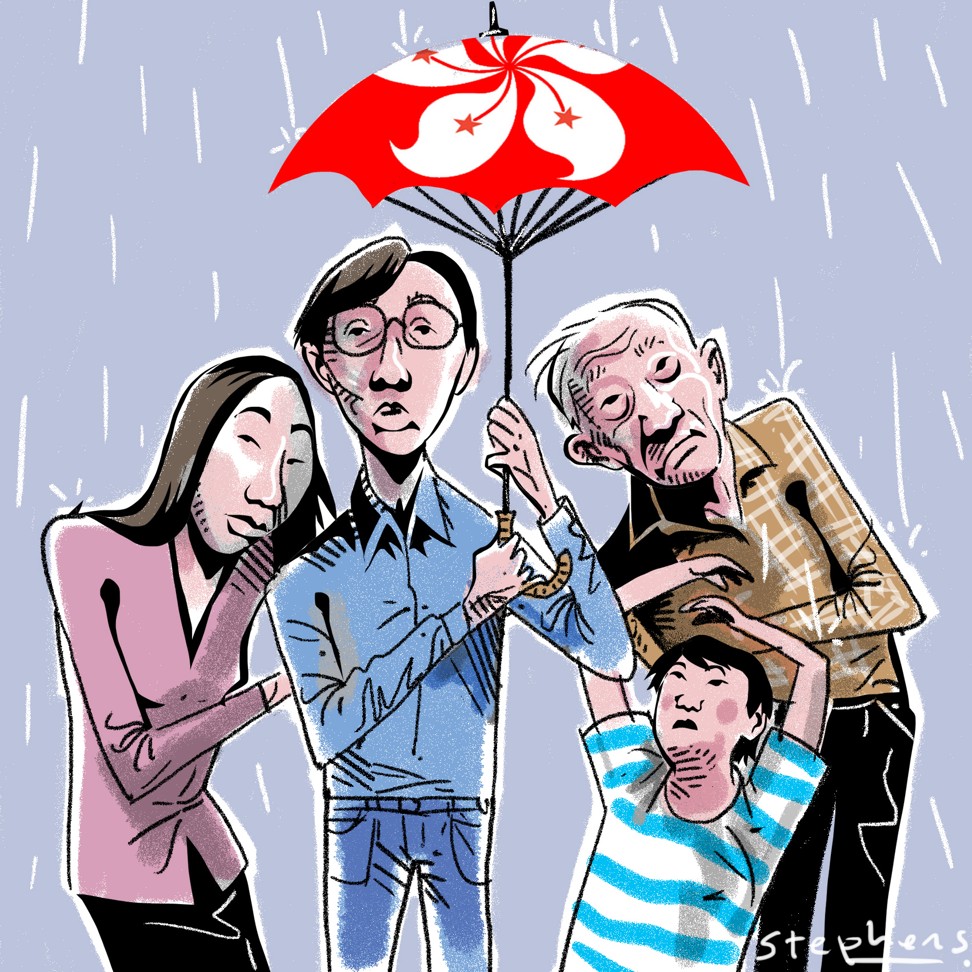
Hong Kong people still need better social welfare protection
Law Chi-kwong says progress has been made in health care, social security, education, housing and labour in the past 20 years, but the government faces a number of challenges to improve people’s livelihoods
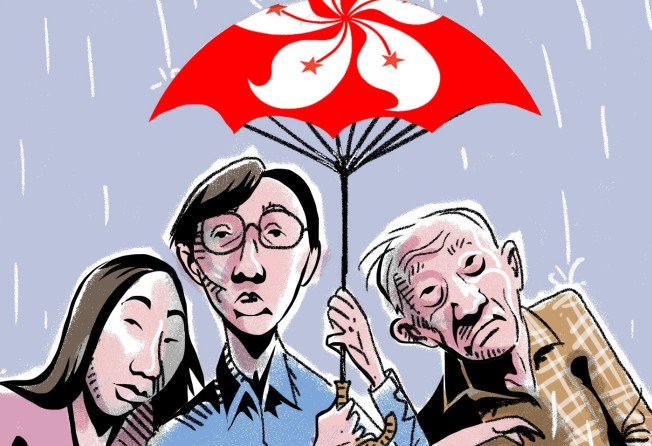

That income disparity is growing in Hong Kong is indisputable. The slow growth in real wages – less than 0.7 per cent on average a year over those 18 years – indicates a slow improvement in the living standards of the city’s working population.
Hong Kong has a small government, but few would disagree that sound social policies are important for society. So what progress, if any, have we made in social policies in the 20 years since the handover, and what might the future hold?
In health care, policymakers have been reactive in meeting the ever-greater challenges facing our health care system. Discussions on improving health care financing, including through a series of consultations since 1993, have not seen any real progress. Though the government concluded its study into a voluntary health insurance scheme in 2014, it took two years to decide to implement a non-legislative framework for such a scheme, hopefully by 2018.
The Sars epidemic was the biggest health challenge Hong Kong has faced in the past 50 years. It was both a curse and a blessing. Severe acute respiratory syndrome killed 299 people in Hong Kong alone, but the subsequent improvements in infection control in our health system have saved, and continue to save, thousands of lives every year.
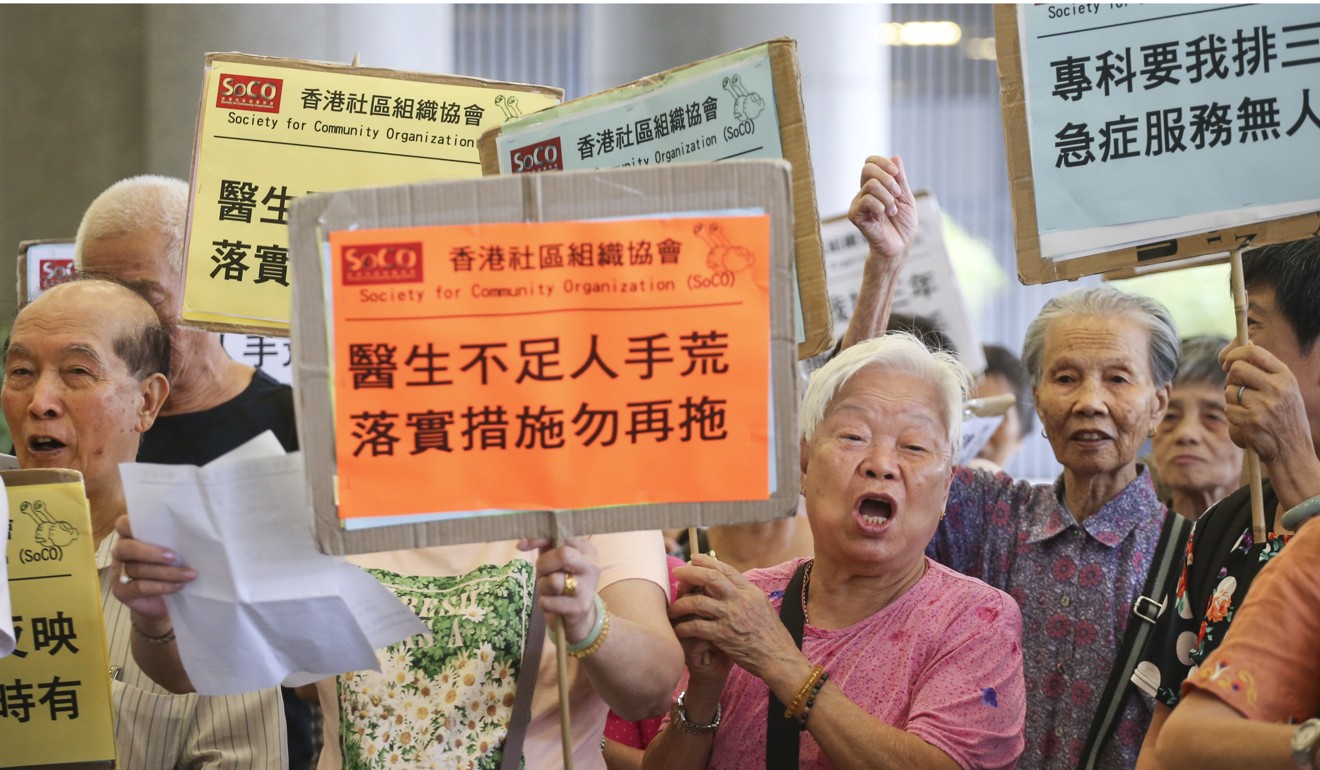
In the years to come, apart from the escalation of health care costs due to technological advancements and rising public expectations, our ageing population will also be a growing challenge. Better primary and secondary health care and improved coordination for health and welfare programmes would be the key strategic directions.
Hong Kong’s welfare policy in the early years of the SAR government was primarily a continuation of that in the British colonial period. The Social Welfare White Paper of 1991 and the Rehabilitation White Paper of 1995 paved the way for the development of the welfare system to the end of the 20th century.
But, smarting from the 1997 Asian financial crisis and the continuous fiscal deficits in the initial years of the special administrative region, the government developed a psychological resistance to social welfare planning.
Year-to-year planning was preferred, while extending planning to a number of years was regarded as “long-term planning” that should be avoided.
The formulation of the Elderly Service Programme Plan, which started in 2014 and is due to be completed by the end of this administration, marked the revitalisation of social welfare planning in Hong Kong.
Growing income disparity and poverty have become important items on the policy agenda since the 1990s. The Commission on Poverty, re-established in 2012, took on the work of setting an official poverty line in 2013. That same year, the Old Age Living Allowance was introduced, and the Low Income Working Family Allowance was launched in 2016. These are significant milestones in the city’s social security system.
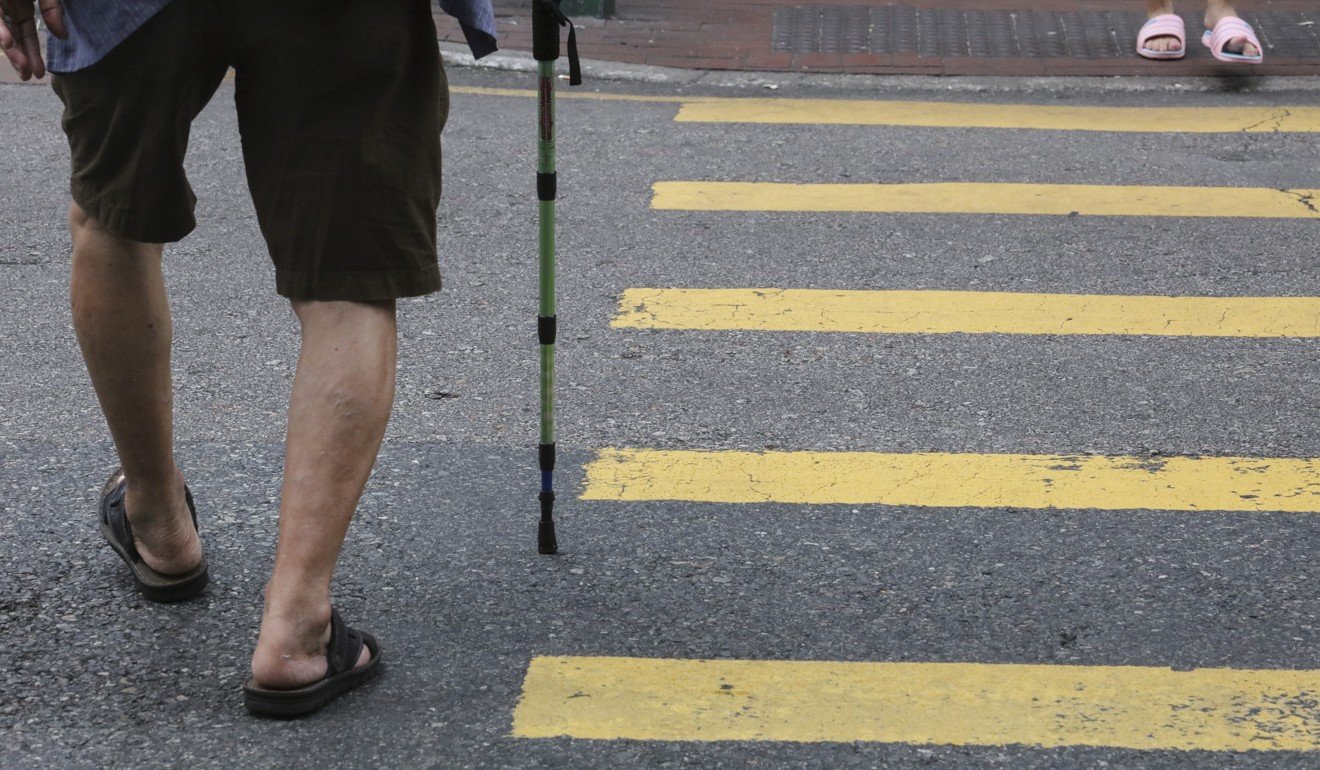
Consultation on retirement protection began in December 2015 and its conclusion, leading to proposed improvements in the Old Age Living Allowance, will be implemented in phases starting from this month to the middle of next year. Though it fell short of the expectations of many, the establishment of the public annuity scheme, giving the elderly a fixed monthly income, has nevertheless marked an important development in our retirement protection system.
Education usually ranks as one of the most important public concerns in Hong Kong. Education reform that started in 2000 had seen significant progress, yet it has always been controversial. A review of the reforms is perhaps overdue.
The implementation of 12 years of free education, and, starting from the coming school year, 15 years of free education, are two key government achievements in the past two decades. The rapid expansion of tertiary education, which started from the Rose Garden project of the British colonial government in the early 1990s, was followed by the “proliferation” of sub-degree programmes at the turn of the century.
In recent years, Hong Kong has realised the importance of strengthening vocational training. The next administration hopes to provide a clear vision of what our post-secondary education should look like. There is a clear consensus in society of the need to invest more in education; this mandate was clearly spelled out in chief executive-elect Carrie Lam Cheng Yuet-ngor’s election platform.
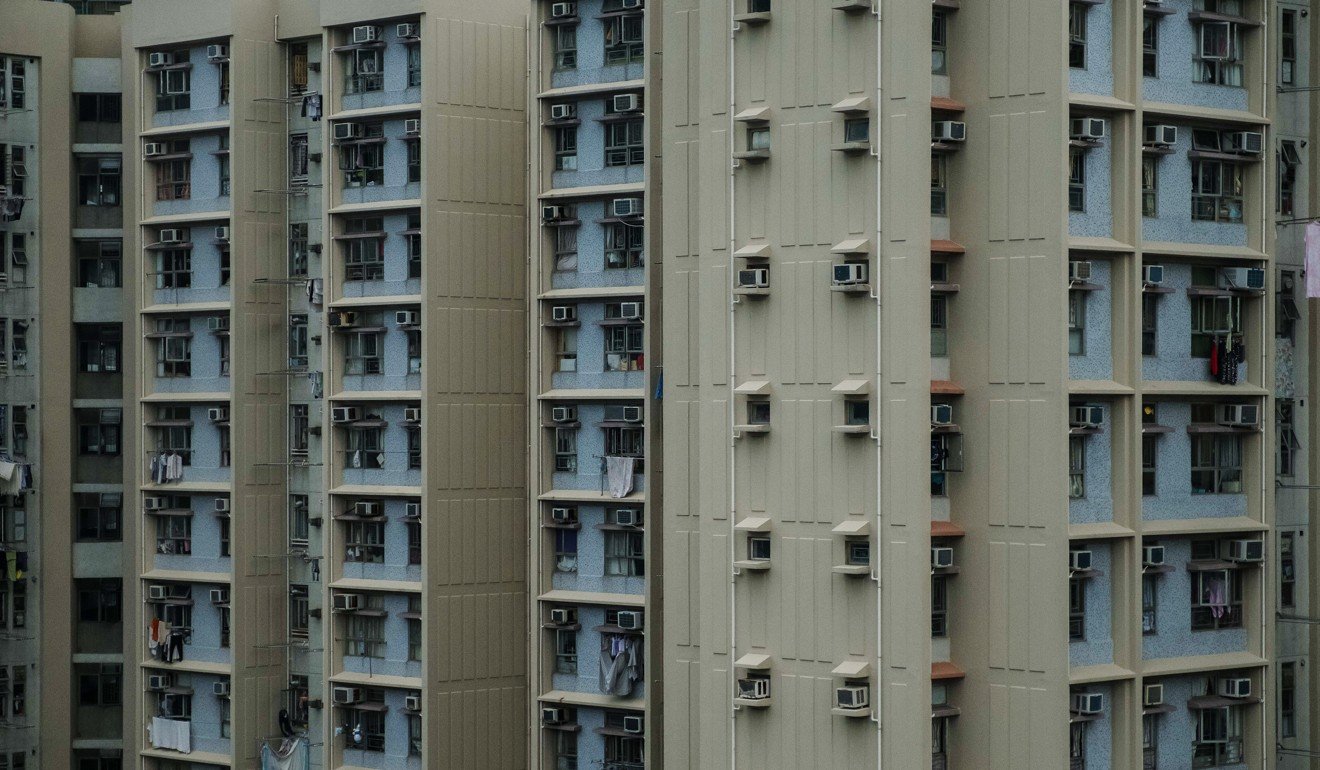
In the early years of the SAR government, housing benefited from the colonial government’s long-term housing strategy. In his 1994 policy address, then governor Chris Patten announced the target of 310,000 public housing units and 195,000 units in the private sector from 1995 to 2001 – that is, 84,000 units a year. In the strategy review that ended in early 1997, an annual target of 85,000 units was set.
Given that the housing supply takes years to materialise, Carrie Lam’s administration will have a lot to do to catch up
Hong Kong’s first chief executive, Tung Chee-hwa, reconfirmed the target. However, the Asian financial crisis and the Sars epidemic subsequently suffocated the strategy after 2003. The rapid increase in private housing prices since 2008 and the lengthening of the public rental housing queue have revitalised the Home Ownership Scheme.
Under Chief Executive Leung Chun-ying, the Long Term Housing Strategy has been revitalised. Many people believe the policy has come too late, although it is better late than never.
Given that the housing supply takes years to materialise, Carrie Lam’s administration will have a lot to do to catch up.
Lastly, the SAR government has taken one significant step in its labour policy: the establishment of the statutory minimum wage, even though it is probably the lowest in the developed world and currently protects only about 2 per cent of the labour force. The issue of standard working hours remains very controversial and it is unlikely that the unions and employers will reach an agreement.
As the growing income disparity and relatively low statutory minimum wage show, Hong Kong still has a long way to go to improving labour rights in the coming years.
Law Chi-kwong is an associate professor in the Department of Social Work and Social Administration, University of Hong Kong. He will take up the post of secretary for labour and welfare on July 1